
Military life asks for strength most people never see. Behind the uniforms and ceremonies are families quietly holding everything together through distance, worry, and change. It’s not just sacrifice—it’s daily resilience. Ready to see what service life truly looks like beyond the medals and headlines? Let’s pull back the curtain.
Staying Close While Far Apart During Deployment
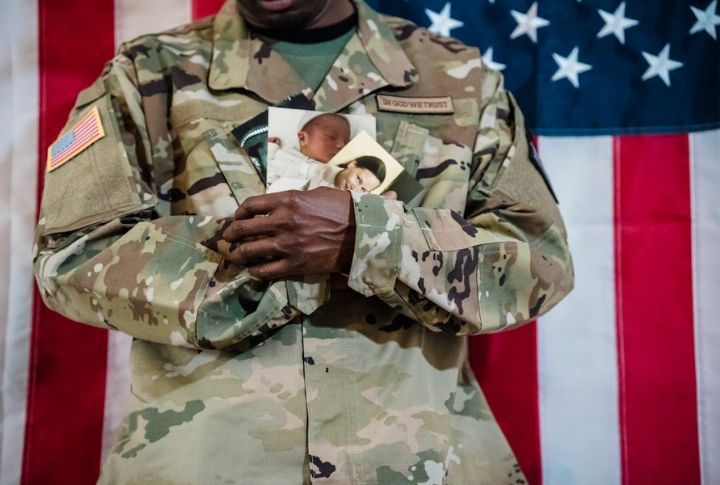
Each deployment changes what closeness feels like. Some days bring a three-minute call, while other days a note arrives weeks late, yet it lands at the perfect moment. Couples in service discover ways to keep their family bond alive, and distance only highlights how strong their connection can truly be.
Reading Emotions After Combat Exposure
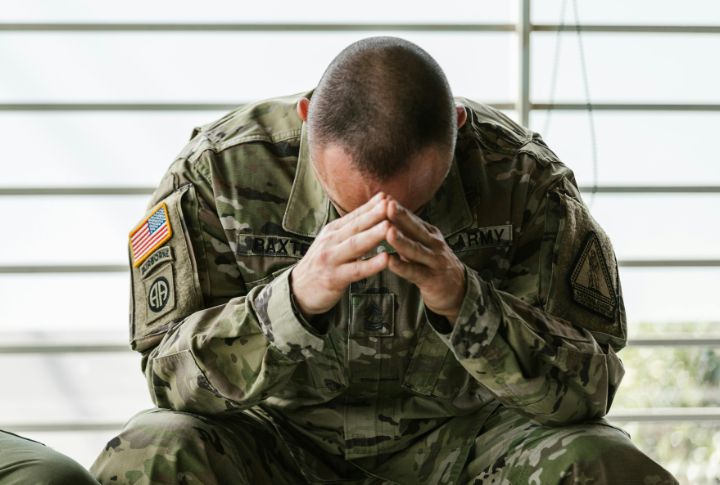
After combat, service members may experience emotional changes that make it hard for partners to interpret feelings. PTSD symptoms lower relationship satisfaction, and trauma can cause emotional withdrawal or numbness. Many often struggle to communicate effectively and may need support to navigate these complex emotional challenges.
Parenting Alone For Long Stretches

It’s one thing to parent solo for a weekend; it’s another to do it for months during deployment. Spouses left behind carry the weight of both parents by juggling routines with quiet strength. Help from military programs matters, but most endurance grows from sheer love and daily persistence.
Moving Kids Mid-School Year

Just imagine settling into a new class just as everyone else is halfway through the year. That’s life for many military kids. Each move shakes routines and friendships, yet also builds remarkable resilience. With supportive parents and strong communities, they keep learning how to belong wherever life sends them next.
Living In Fear Of Bad News

Every phone call could be “the call.” Military spouses live with this gnawing fear constantly and wonder if their partner is safe or in danger. Sleepless nights pile up. Depression creeps in. Support groups help, sure, but nobody can take away that pit in your stomach. Civilians just don’t carry this weight.
Losing Jobs Due To Frequent Moves

Civilians complain about one job search. Military spouses do it year after year, over and over. Each relocation wipes the slate clean professionally and pushes unemployment through the roof. Finances suffer while the marriage strains. Nobody’s writing thank-you notes for their invisible sacrifices.
Feeling Out Of Place In Civilian Towns

After repeated moves, military spouses may struggle to integrate into civilian communities. Knowing that another relocation is likely makes investing in friendships and local relationships challenging. To cope, families sometimes seek other military families for instant camaraderie, which eases the isolation of frequent moves.
Celebrating Milestones Alone

You’d think technology would make distance easier—FaceTime, video calls, surprise deliveries. Still, nothing replaces being there in person. Military couples often celebrate twice: once apart and once together later on. They learn to keep humor close and connection alive, no matter how far the miles stretch.
Fighting For Basic Military Benefits

Serving the country? Straightforward. Getting your benefits? Not so much. Many end up buried in forms and chasing signatures that never come. It’s enough to make anyone question the “support” system. Yet they keep pushing, determined to claim what they’ve already earned a hundred times over.
Hiding Feelings To Protect Your Partner

In military relationships, silence can masquerade as strength. Spouses hide their stress, hoping to keep things light during long separations. Yet emotions don’t vanish just because they’re buried. Each unspoken thought adds weight, and eventually, the distance between hearts feels wider than the miles themselves.
Grieving Fallen Friends Quietly

Military spouses frequently grieve the loss of service members privately. Protocol and the need to support a stoic partner usually limit public mourning. These losses are deeply personal, and spouses must move through the emotional toll alone, thereby adding layers of isolation to their grief.
No Privacy In Shared Housing

Living in military base housing usually means thin walls and shared facilities. Couples struggle to maintain intimacy or personal space, which can heighten stress and strain relationships. Unlike civilian households, this setting requires couples to creatively set boundaries while navigating the challenges of living in close quarters.
Both Partners Deployed At Once
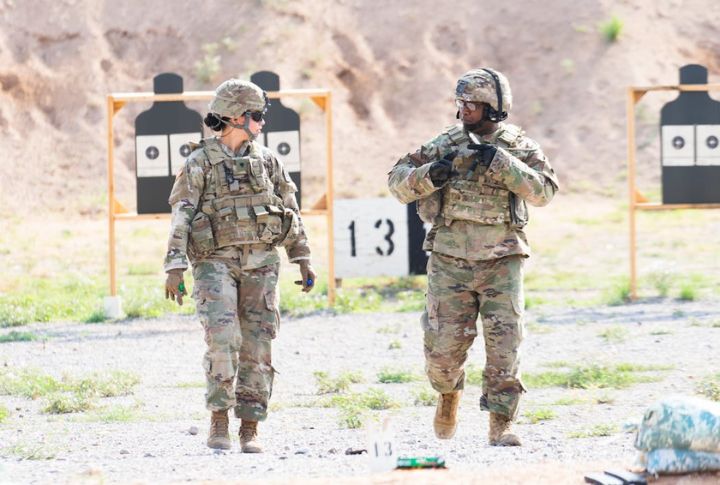
Homes grow quiet when both parents deploy, and kids must adjust to unfamiliar routines. Even small decisions like meals and bedtime can carry extra weight. Isolation creeps in, and slowly, families start uncovering hidden reserves of resilience and inventive ways to make life work for everyone.
Explaining Absences To Confused Children

Extended parental absence reshapes childhood in military families. Letters arrive as treasured reminders, while phone calls offer moments of comfort. Children deserve thoughtful explanations rather than complicated justifications. Patient listening and focused attention teach kids that family bonds endure separation, and love never depends on physical proximity to survive.
Custody Issues While Overseas
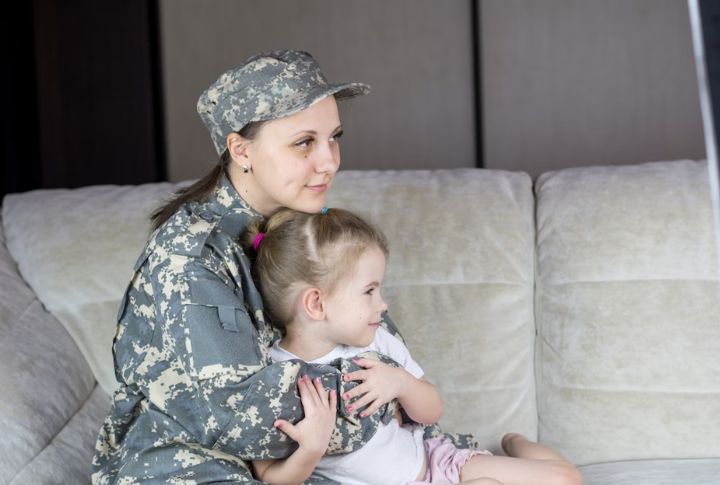
Service life doesn’t pause for custody battles. Being overseas makes juggling daily duties and legal requirements feel impossible. Parents who prepare agreements early, keep thorough documentation, and work with lawyers experienced in military cases find it far easier to safeguard visitation rights and maintain family stability.
Making Sense Of TRICARE And Military Medical Services
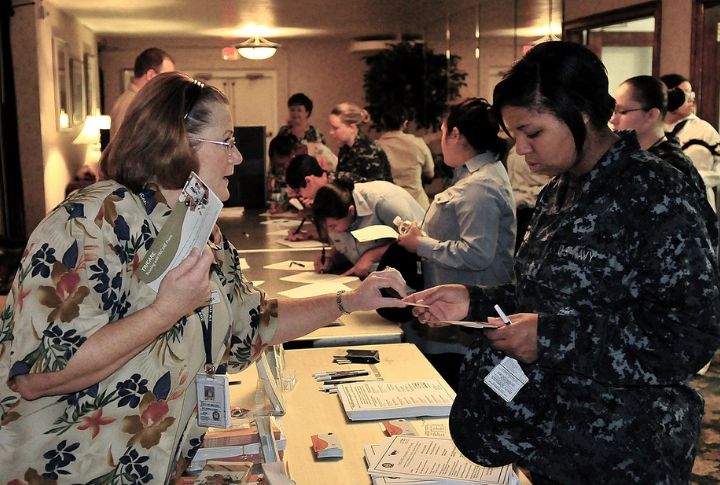
Healthcare flows through TRICARE, though “flows” hardly describes the experience. Relocations sever relationships with providers who understood family medical histories. Spouses spend hours deciphering paperwork and tracking policy changes that arrive without warning. Civilian families rarely comprehend this exhausting reality where geography dictates whether you can refill a prescription.
Losing Friends With Every Move

Friendships barely have time to deepen before another relocation notice destroys what you’ve built. Couples leave behind the few people who understand their chaotic lives, then face the exhausting task of explaining themselves to strangers all over again. Social media keeps everyone technically connected, though it can’t cure the loneliness of sitting alone in a new town on Friday night.
Living Paycheck To Paycheck On Military Salary

Military pay doesn’t stretch as far as people think. Families move constantly, and each relocation drains whatever savings they’ve managed to scrape together. Grocery shopping becomes a math problem where spouses calculate whether they can actually afford basics. Families who are civilians with stable jobs rarely face these financial hurdles.
Delayed Retirement Plans Due To Service Extensions

Nobody asks military couples before extending their service commitments. Retirement gets postponed again, and the life they pictured together fades into uncertainty. Savings goals shift as timelines dissolve into guesswork. Civilian couples lock in retirement dates years ahead, but military families can only hope their plans survive the next policy change.
Partner Feels Distant Even When Home

Homecoming looks simple, but hearts sometimes lag behind. Military couples face a quiet distance, where shared space cannot replace conversations lost to months apart. Attempts at closeness feel fragile, and old routines no longer fit. Patience and honesty become essential tools to reconnect and bridge the invisible gap deployment leaves behind.

